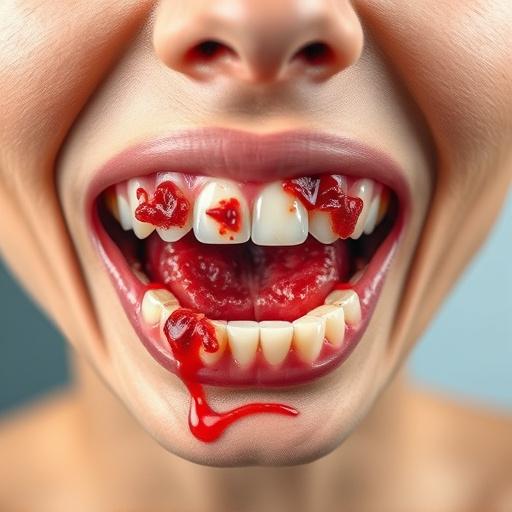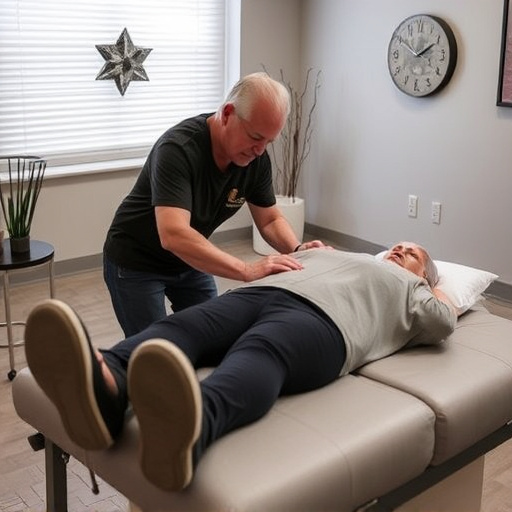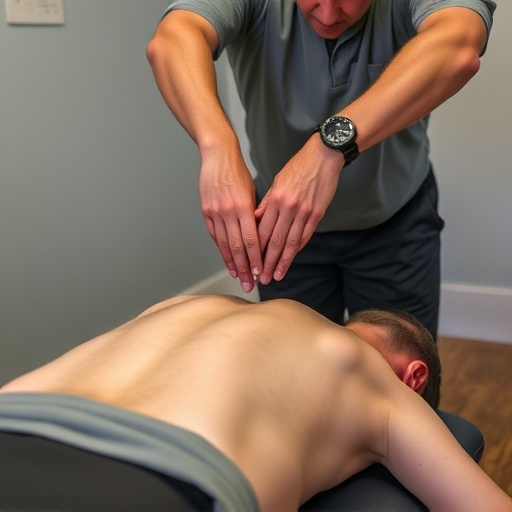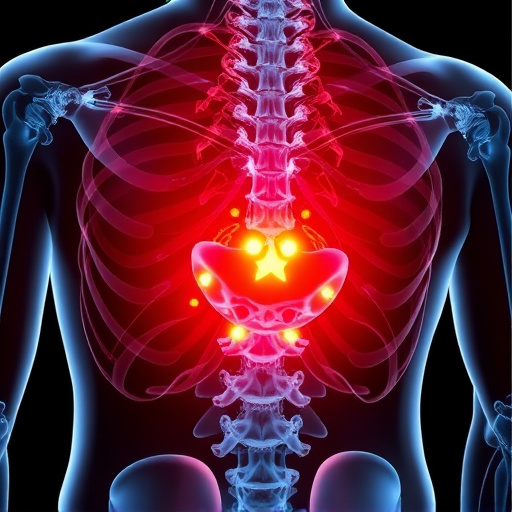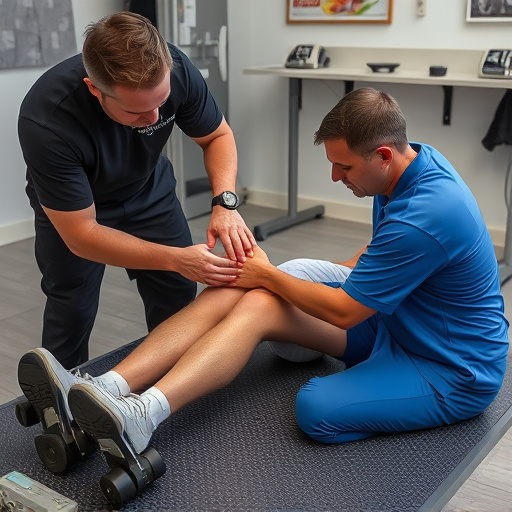Post-accident rehabilitation is a critical phase in recovering from injuries or traumatic events, focusing on restoring physical and cognitive abilities. Personalized treatment plans involving multidisciplinary teams address symptoms like pain and mobility issues while enhancing functionality and quality of life. Proper nutrition, including nutrient-dense foods tailored to individual needs, is key to successful healing, as it provides essential building blocks for tissue repair, manages inflammation, and supports immune function. Professional guidance on personalized meal plans significantly impacts rehabilitation success, ensuring the body receives optimal care during physical therapy sessions.
Post-accident rehabilitation is a critical phase focused on restoring physical and cognitive functions. However, many patients face challenges in healing due to various factors, including nutritional deficiencies. This article explores the significant role of nutrition in enhancing post-accident rehabilitation outcomes.
We delve into understanding the complexities of this process, examining how proper nutrition accelerates healing, improves recovery rates, and overcomes rehabilitation hurdles. Additionally, it offers practical strategies for healthcare professionals to optimize nutritional support during this crucial period.
- Understanding Post Accident Rehabilitation and Its Challenges
- The Impact of Nutrition on Healing Process
- Strategies for Optimizing Nutritional Support in Rehabilitation
Understanding Post Accident Rehabilitation and Its Challenges

Post accident rehabilitation is a crucial phase in an individual’s journey towards recovery after a traumatic event or injury. It involves a comprehensive approach to restore physical and cognitive functions, addressing various challenges that arise from the accident. The process can be complex, as each person’s experience is unique, leading to diverse needs. Many individuals face obstacles such as prolonged pain, reduced mobility, and sensory impairments, which require tailored interventions.
Effective post-accident rehabilitation demands a multidisciplinary team, including doctors, physiotherapists, and nutritionists, who collaborate to design personalized treatment plans. These plans often focus on managing symptoms like headache relief and neck pain relief, while also aiming to improve overall functionality and quality of life. By integrating evidence-based practices and patient-centric care, rehabilitation can be a game-changer in an individual’s path to full recovery.
The Impact of Nutrition on Healing Process

Proper nutrition plays a pivotal role in the healing process following an accident, significantly influencing the outcomes of post-accident rehabilitation. The food we consume provides the building blocks necessary for tissue repair and regeneration, essential components for restoring physical function. Adequate protein intake, for instance, supports muscle growth and recovery, crucial for improving mobility and reducing joint pain relief during rehabilitation exercises.
Additionally, certain nutrients like vitamins C and D, omega-3 fatty acids, and antioxidants aid in managing inflammation, promoting wound healing, and enhancing overall immune response. These micronutrients are vital in the body’s crucible, fostering a symphony of metabolic reactions that support both physical therapy sessions aimed at mobility improvement and the body’s natural healing mechanisms.
Strategies for Optimizing Nutritional Support in Rehabilitation
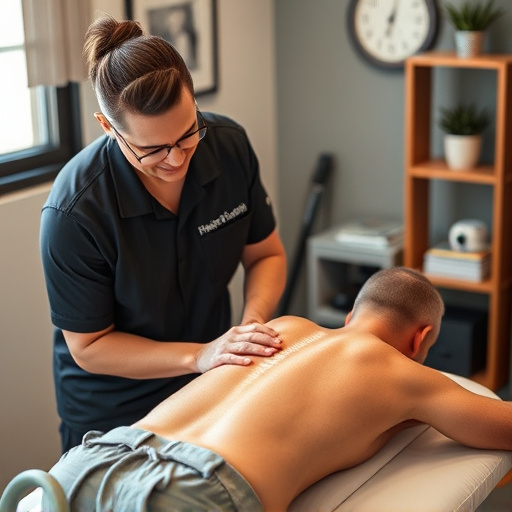
In the context of post accident rehabilitation, optimizing nutritional support is a multifaceted strategy that plays a pivotal role in enhancing healing and recovery outcomes for individuals with soft tissue injuries. A balanced diet rich in essential nutrients like proteins, vitamins, and minerals is crucial to facilitate tissue repair, boost immune function, and aid in inflammation management—all vital components of successful post-injury care. Adequate nutrition ensures that the body has the necessary building blocks to rebuild and rejuvenate damaged muscles, tendons, and ligaments during physical therapy sessions.
Professional guidance on personalized meal plans, incorporating nutrient-dense foods, and addressing specific dietary requirements can significantly impact rehabilitation success. Nutritional interventions should consider individual patient factors such as age, activity levels, and any coexisting medical conditions. Tailoring post-injury care to include optimal nutrition supports the body’s natural healing processes, reduces recovery time, and improves overall functionality.
Post-accident rehabilitation is a complex process, and proper nutrition plays a pivotal role in optimizing healing. By understanding the unique nutritional needs of individuals during this challenging time, healthcare professionals can implement targeted strategies to enhance recovery outcomes. Through a combination of personalized dietary plans, ensuring adequate calorie intake, and providing essential nutrients, it’s possible to significantly improve post-accident rehabilitation and promote a faster return to optimal health.




